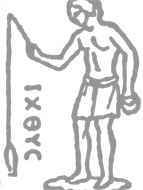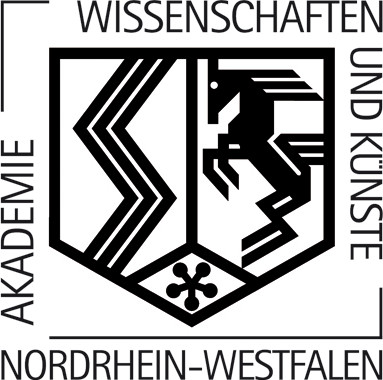International Workshop: "The "Other" and "Empire" in Christianity. Postcolonial Reading of Late Antique Literature"
Durham University, Department of Classics and Ancient History
16.12.2025 - 17.12.2025
Early Christian communities formed around constructions of „orthodox“ identities which set them apart form the religious „Other“, conveniently labelled as „Jews“, „pagans“, and „heretics“. Similar processes of „Othering“ underpinned the „civilised“ world of the Roman empire via shared cultural, linguistic, and ethnic markers – in opposition to its „Barbarian“ neighbours. Since the reign of emperor Constantine, these two increasingly coalesced, encouraging the imperial sponsorship of Christian groups deemed „orthodox“ while curtailing the civic participation of those branded „heretical“. Many marginalised communities hailed from the fringes of the empire: Miaphysites from Coptic Egypt and the Syriac speaking provinces of the Near East, the Donatist hinterlands of Berber North Africa, or the „Arian“ Germanic tribes that had only recently crossed the borders. Despite being Christian, they were suspected of being „un-Roman“ not only bacause of their „heretical“ beliefs, but due to their way of life, language, and cultural practices. These aspects of intersectionality in the construction of the Christian „Other“ during late antiquity have so far received little attention and are ripe for further study.
Drawing on recent scholarship on religious alterity and imperial ideology, this workshop will explore new, post-colonial approaches to the literary productions within these intersecting dynamics of „othering“, form the perspective of both the imperial centre and the marginalised fringes.
This workshop takes elements of postcolonial theory as a reading practice by addressing the questions similar to the following: what role does the imperial apparatus play in the discursive construction of the Other both within political and religious discourse? In what ways did the imperial-sponsored Christian groups leverage their imperial support in the Othering of marginal Christian groups? In what ways did marginal Christian groups leverage the imperial apparatus against rival religious groups? How do identity markers (e.g., ethnicity, confession, geographical location) affect the ways in which groups othered their rivals and opponents? In what ways do marginalised groups (e.g., Miaphysites, Arians) reappropriate imposed on them?
We especially invite abstracts of 300-350 words that engage with the Eastern Mediterranean world in Late Antiquity pertaining to these themes (but not limited to):
- „Othering“ of „heretics“ via ehtnic markers, e.g. as „Jews“
- Intersection of religious identity and civic identities
- Construction of „orthodox“ identities within multi-ethnic societies
- Intersectional discrimination in anti-„heretical“ legislation and anti-„Barbarian“ rhetoric
- Communal engagement with an orthodox regime
- Creating and navigating foreign / domestic spaces of „orthodoxy“
- Experiences of not belonging to „orthodox“ communities
- Challenges to Greek and Latin as languages of „orthodoxy“
Deadline for abstracts: May 1. Please, send your abstract and short bio to postcolreadworkshop@gmail.com
There is no conference registration fee. A limited number of stipends covering accommodation fees is available for Ph.D. students and early-career researchers without funding. Please, let us know if you need it.


